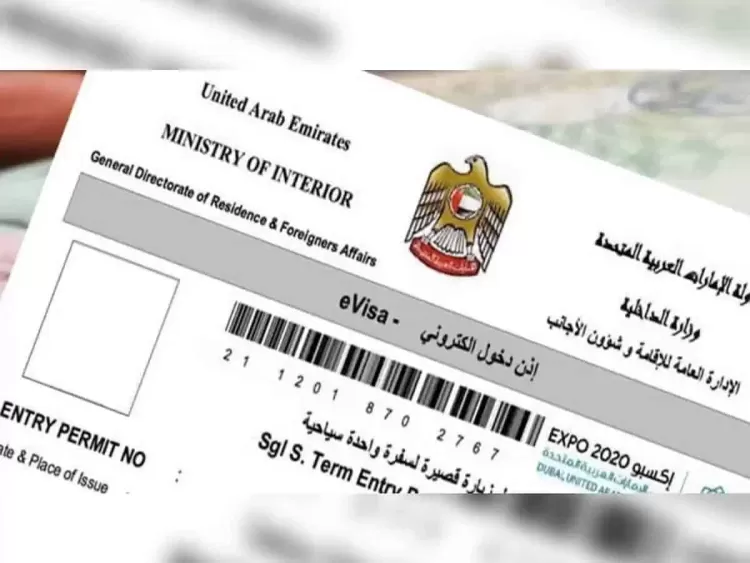How the new digital data protection rules infantilise people with disabilities

Join our WhatsApp Community to receive travel deals, free stays, and special offers!
- Join Now -
Join our WhatsApp Community to receive travel deals, free stays, and special offers!
- Join Now -

Though the draft rules for the Digital Personal Data Protection Act, 2023, released earlier in January are intended to protect persons with disabilities, disability groups say that a key provision is likely to do more harm than good.
Section 9(1) of the act mandates that consent for disclosing personal data of persons with disabilities must be routed through their lawful guardian, wherever appointed.
The law reflects a lack of understanding of lived realities, they say.
Section 9 of the act requires a data fiduciary – a person or institution collecting personal data – to obtain the verifiable consent of the legal guardian of the person with disability (where such guardian has been appointed) to gather their personal information.
Persons with disabilities worry that compliance with this means this would mean that data pertaining to a person’s disability and legal guardianship would be collected even when unnecessary.
There are no additional safeguards pertaining to sensitive personal data under the act. Persons with disabilities suspect that such practices could cause further digital exclusion.
Second, the Digital Personal Data Protection Act embodies an incomplete understanding of guardianship and the role of the guardian in relation to persons with disabilities.
Though the draft rules clarify that “legal guardians” are guardians appointed under the Rights of Persons with Disabilities...
What's Your Reaction?
 Like
0
Like
0
 Dislike
0
Dislike
0
 Love
0
Love
0
 Funny
0
Funny
0
 Angry
0
Angry
0
 Sad
0
Sad
0
 Wow
0
Wow
0











_625x300_1529047966012.jpg?im=FeatureCrop,algorithm=dnn,width=1200,height=738#)






































